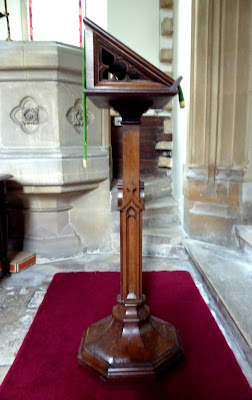An Academic Question (originally untitled) is what Barbara Pym called her 'Academic Novel' according to Pym's biographer Hazel Holt (A Lot to Ask: A Life of Barbara Pym (1990)), who also edited this novel written in the beginning of the 1970s. This Virago Modern Classics edition, narrated in the first person, is essentially an amalgamated version of Pym's original first-person novel, and a re-write that Holt says Pym wanted to make, er, 'sharp' and 'swinging'.
Certainly this is far removed from the earlier novels by Pym that I've read, Some Tame Gazelle and Excellent Women. There are, for instance, no church jumble sales, garden parties, dinners with curates, and above all no mention of (obvious) spinsters; instead, abortion, contraception, extra-marital sex, and student rebellion – the last largely inspired by correspondence from Philip Larkin about Hull University – are on the menu. But does this represent such an enormous departure from Pym's novels?
I would argue not. Hazel Holt calls it a 'transitional novel', and that seems a fair assessment of a person apparently trying to adjust to a post-sexual revolution mentality. In the novel, Iris asks Caro Grimstone, the wife of lecturer Alan, what her friend Coco is 'exactly? – I mean, sexually', meaning hetero or homo. In answer, Caro says 'Well, nothing, really', adding:
'We've never really talked about it. In any case, are people to be classified as simply as that? Some people just love themselves.'
It's clear here that Caro isn't talking about onanism, but rather asexuality, the great unmentionable.
In her 2012 Introduction to this edition Kate Saunders says that this might not be a major Pym novel, although I'm not so sure. It would have been very interesting to see the original draft and the updated, 'swinging' version, though – just to make comparisons.













